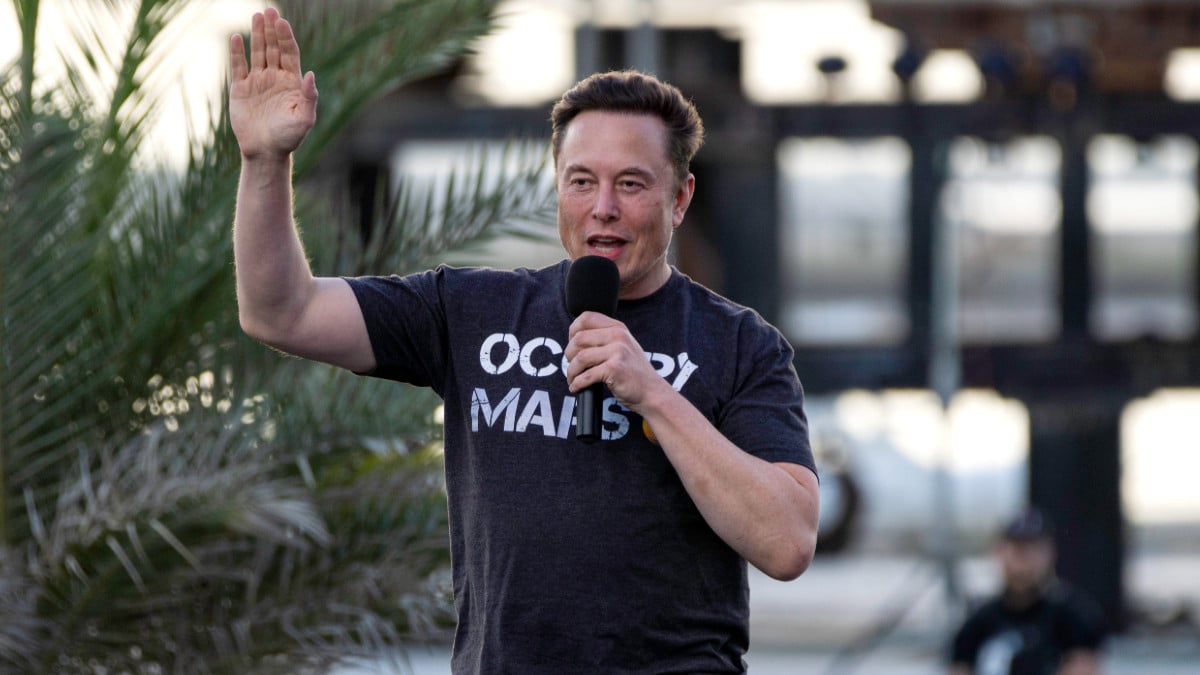Everything is continuing to go cool and great for Elon Musk, who testified on behalf of Tesla on Wednesday to defend the $56 billion compensation pay package — the largest ever to be paid out to an individual from a publicly traded company — that helped make him the richest person on Earth.
And in doing so, the 51-year-old billionaire inadvertently let it slip how little he understands about Twitter and its dealings with the Federal Trade Commission.
Because Musk was paid in stock and not cash, Tesla shareholders also reaped the benefits as stock soared over 1,000% after the pay package was approved in March of 2018. However, the court’s argument is that Musk exploited his control over both the company and its board of directors and used the compensation package to “fund his personal ambition to colonize Mars,” and not to mention, purchase Twitter.
But this courtroom battle is likely only the beginning of Musk’s newfound legal woes, who is also facing pressure from the FTC in light of a consent decree that was reached in May between the government agency and Twitter. Last week, a whistleblower shared Slack messages that stated it would now be up to engineers to “self-certify compliance with FTC requirements and other laws.”
Though, this is not the best plan of action, as the FTC has the ability to fine Twitter billions of dollars for failing to comply. The agency had intervened after Twitter violated a previous consent decree from 2011, when it came about that the company had been targeting users using email addresses and phone numbers that it claimed to have been collecting for security purposes.
Under the new agreement, Twitter is required to launch enhanced privacy and security programs to be audited by a third party, including assessments of any new products the company launches. But with employees dropping like flies, it remains to be seen how Musk plans to keep the FTC abreast going forward.
But fancying himself an apparent legal genius, Musk seems to think he’s got it all figured out.
As reported by The Chancery Daily, Musk apparently told the court that he was no longer bound to the consent decree because “an agreement made under duress is not valid.”
When the attorney questioning Musk seemed “unconvinced by that argument,” the billionaire was asked whether he was trained as a lawyer, to which he responded: “I have some familiarity with the legal system. If you’re in enough law suits, you pick up a few things.”
Unfortunately, it seems that Musk knows about as much about the legal system as he does about software development. And none of this is any good for the future of Twitter.

